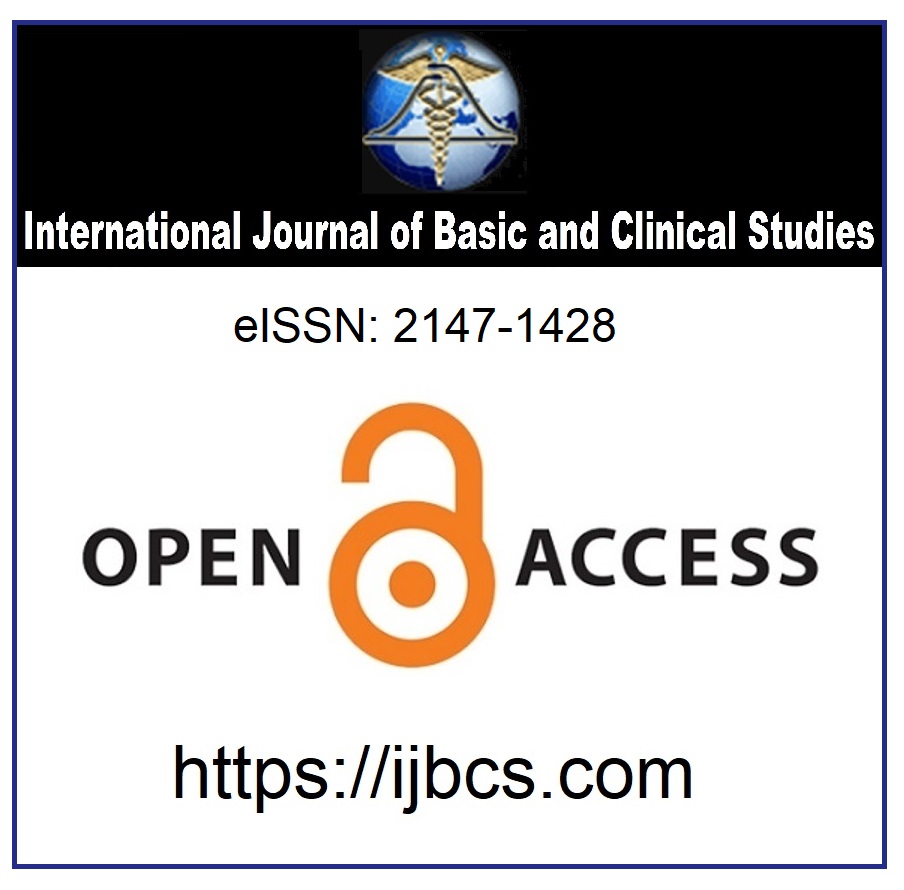Health Informatics: Big Data, Artificial Intelligence, Machine Learning
Keywords:
Health informatics, Epidemiology, Biostatistics, Artificial intelligence, Machine learningAbstract
Health Informatics can be defined as data and information used to support the decisions made by intelligent systems (whether human or artificial). Health informatics plays an important role in hospital decisions, especially in making the decisions made by doctors for patients more accurate. Health informatics brought together multiple fields and created a new discipline. This new field has created indispensable new opportunities in the field of health. These include; better diagnosis, better knowledge, better treatment, better security, better information, better impact, better decision, better wisdom, and better research. A good big dataset is characterized by its accuracy, completeness, relevance, reliability, security, and timeliness. Big data is defined by components that start with five "V". These are; volume, velocity, variety, verification, and value. Analytical thinking can be evaluated through words such as analytical solutions and usage. Key terms in analytics are; Epidemiology, Biostatistics, Artificial Intelligence, and Machine learning. Analytical thinking, logical thinking, and critical thinking take a significant role in analytical skills. Participatory Approaches to Intelligent Patients in the Field of Medicine are important today. It illustrates four main approaches that enable smart patients to be included in disease and health management and medical research today. These are; Self-Assisting Intelligent Diagnosis, Treatment, and Disease Management Intelligent IT is undoubtedly a critical facilitator in the
creation of intelligent patients.
Downloads
Published
How to Cite
Issue
Section
License
Copyright (c) 2022 by the Authors

This work is licensed under a Creative Commons Attribution 4.0 International License.



